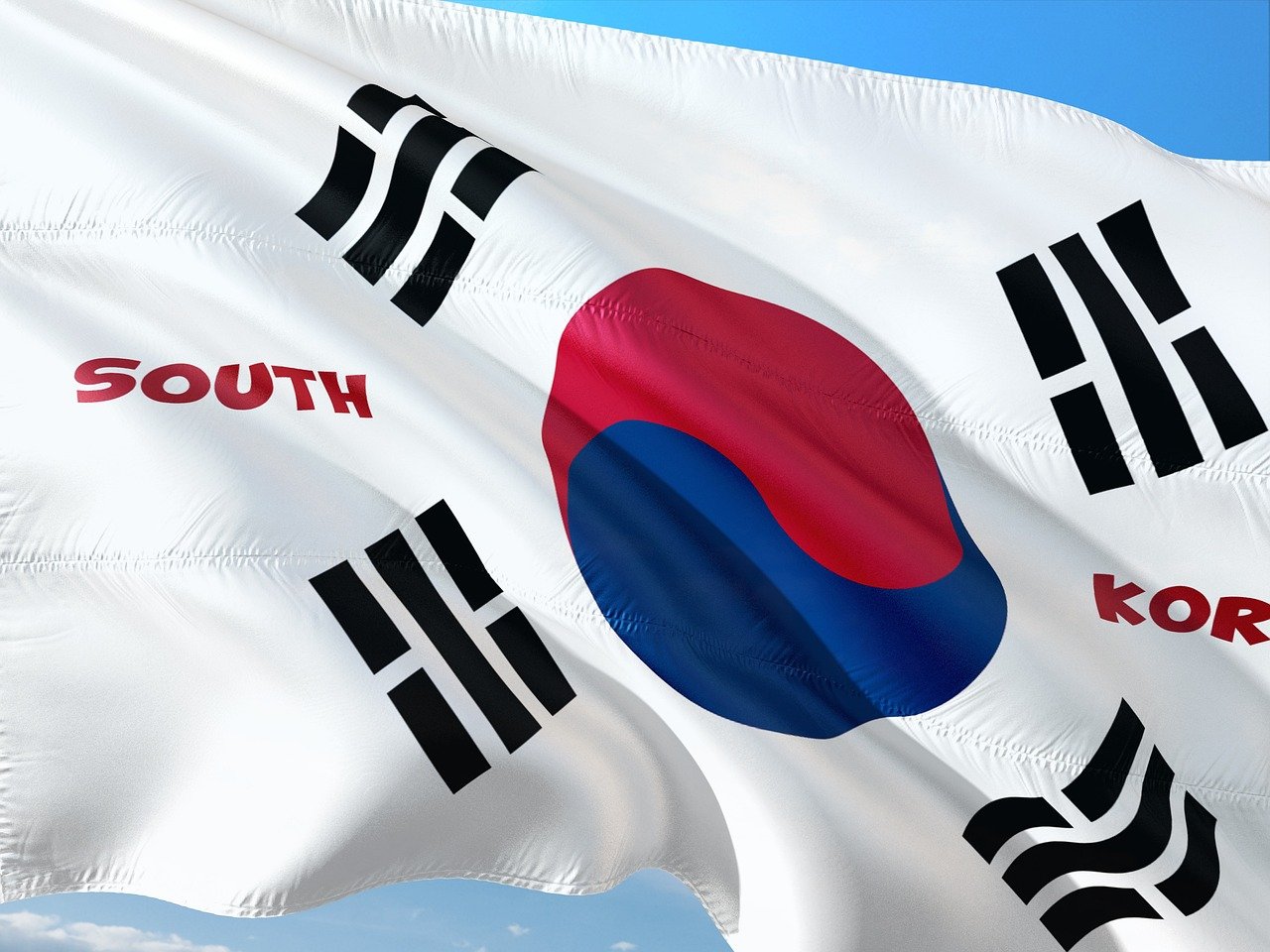- The Constitutional Court of Korea dismissed the impeachment motion against Choe Jae-hae and three prosecutors, reinstating them immediately.
- The court’s decision could indicate its approach to President Yoon Suk Yeol’s impeachment trial.
- The court dismissed allegations of political motives in the state-run audit agency’s actions under Choe’s leadership.
- The court also unanimously dismissed impeachment motions against three senior prosecutors, with the rulings welcomed by the presidential office and the People Power Party.
In a landmark decision that could potentially shape the future of South Korea’s political landscape, the Constitutional Court of Korea on Thursday dismissed the impeachment motion against Choe Jae-hae, the chair of the Board of Audit and Inspection, and three prosecutors. The court’s decision, which came 98 days after the impeachment motions were submitted by the National Assembly, reinstated the officials to their positions immediately.
The court’s ruling was seen as a potential indicator of how it might approach key issues in President Yoon Suk Yeol’s impeachment trial. Yoon has argued that the main opposition Democratic Party’s attempts to impeach these four officials were among the reasons behind his decision to declare martial law, claiming that a succession of impeachments of high-ranking officials has paralyzed state affairs.
The National Assembly had argued that the state-run audit agency exercised its authority in a politically motivated manner under Choe’s leadership, allegedly aligning its actions with the interests of the Yoon Suk Yeol administration. However, the court dismissed these allegations, stating that it was difficult to conclude that the audit was conducted to pressure Jeon Hyun-hee, the former chair of the Anti-Corruption and Civil Rights Commission, into resigning.
Court’s Interpretation and Justices’ Opinion
The court also dismissed the Assembly’s attribution of political motives to Choe’s remarks in 2022 that “the BAI supports the president’s management of state affairs.” Instead, it was interpreted as meaning that the BAI contributes to the smooth operation of the government through diligent audits, rather than as an unlawful statement.
Three Constitutional Court justices — Lee Mi-son, Jung Jung-mi, and Chung Kye-sun — issued a separate opinion, acknowledging that Choe had violated the Constitution and the BAI Act by revising an internal regulation to grant audit request authority to Prime Minister Han Duck-soo. However, they stated that the violations were not “severe enough to warrant removal from office.”
Choe, upon leaving the court, told reporters that he would operate the BAI “in a way that ensures public discipline is upheld so that the people do not feel uneasy.” He added, “In times of political turmoil like this, it is more important than ever for public officials to fulfill their duties.”
Impeachment of Prosecutors and Reactions
The court also unanimously dismissed impeachment motions against three senior prosecutors: Lee Chang-soo, chief of the Seoul Central District Prosecutors’ Office; Cho Sang-won, deputy chief prosecutor at the office; and Choi Jae-hoon, head of the office’s second anti-corruption division. The trio were impeached for declining to indict first lady Kim Keon Hee over her alleged involvement in a stock price manipulation scheme. The court found that these allegations did not constitute sufficient grounds for impeaching the officials, as their actions did not indicate violations of the Constitution or the law.
The rulings were welcomed by the presidential office, which described the decision as a “strong warning” to the Democratic Party against the excessive use of the Assembly’s impeachment powers. The interim leader of the conservative People Power Party (PPP), Rep. Kwon Young-se, similarly praised the rulings for “putting an end to the DP’s politically driven use of impeachment.”
The DP, on the other hand, denied that it had abused the Assembly’s impeachment power. Rep. Jo Seoung-lae, the party’s main spokesperson, argued that the court’s ruling did not support the prosecutors’ claims that the legislature used impeachment for political purposes.
The court has yet to announce the date of its upcoming verdict regarding Yoon’s impeachment, though over two weeks have passed since the last hearing of his trial. The court’s decision on Yoon’s impeachment will undoubtedly have significant implications for the future of South Korea’s political landscape.
Historically, impeachment has been a tool used by legislatures worldwide to hold high-ranking officials accountable for their actions. However, the use of impeachment for political purposes has been a contentious issue. In the United States, for example, the impeachment of President Bill Clinton in 1998 was widely seen as a politically motivated move by the Republican-controlled House of Representatives. Similarly, in Brazil, the impeachment and removal of President Dilma Rousseff in 2016 were viewed by many as a politically motivated coup. The recent events in South Korea echo these historical instances, highlighting the delicate balance between holding officials accountable and avoiding the misuse of impeachment for political gain.

